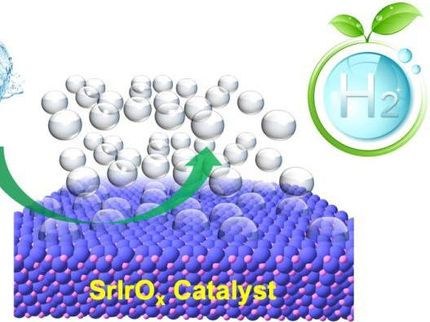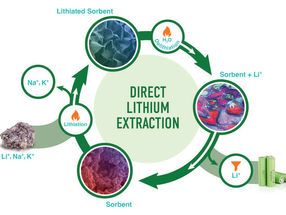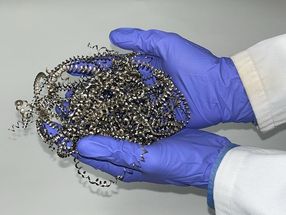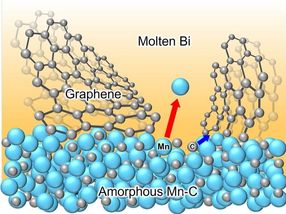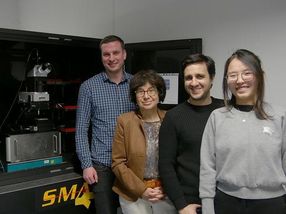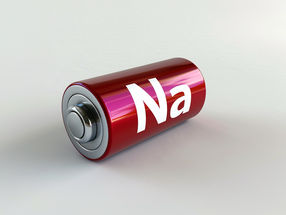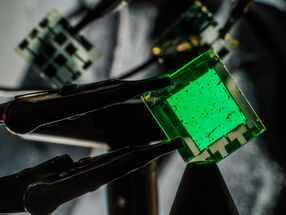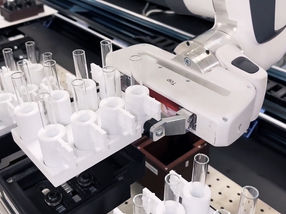Solar-powered electrochemistry reduces reagent waste in synthetic organic reactions
Scientists in the United States have combined electrochemistry with synthetic organic chemistry to perform chemical oxidations that consume only sunlight and produce only hydrogen as a reduction product to reduce reagent waste.
The researchers connected a photovoltaic cell to the reaction flask, which, on exposure to sunlight, passes a constant stream of electricity through the system. The electricity enables a chemical oxidant to serve as a mediator for the reaction that is then regenerated at the anode.
The team tested seven different reactions using the photovoltaic system, including an asymmetric oxidation reaction, and achieved yields that were almost the same as traditional methods.
Kevin Moeller, who led the research at Washington University in St Louis, said: “Too few organic chemists utilise synthetic chemistry as synthetic tool in spite of its potential advantages. We wanted to show just how easy it was to carry out reactions in this manner.”
Most read news
Original publication
Organizations
Other news from the department science

Get the chemical industry in your inbox
From now on, don't miss a thing: Our newsletter for the chemical industry, analytics, lab technology and process engineering brings you up to date every Tuesday and Thursday. The latest industry news, product highlights and innovations - compact and easy to understand in your inbox. Researched by us so you don't have to.
